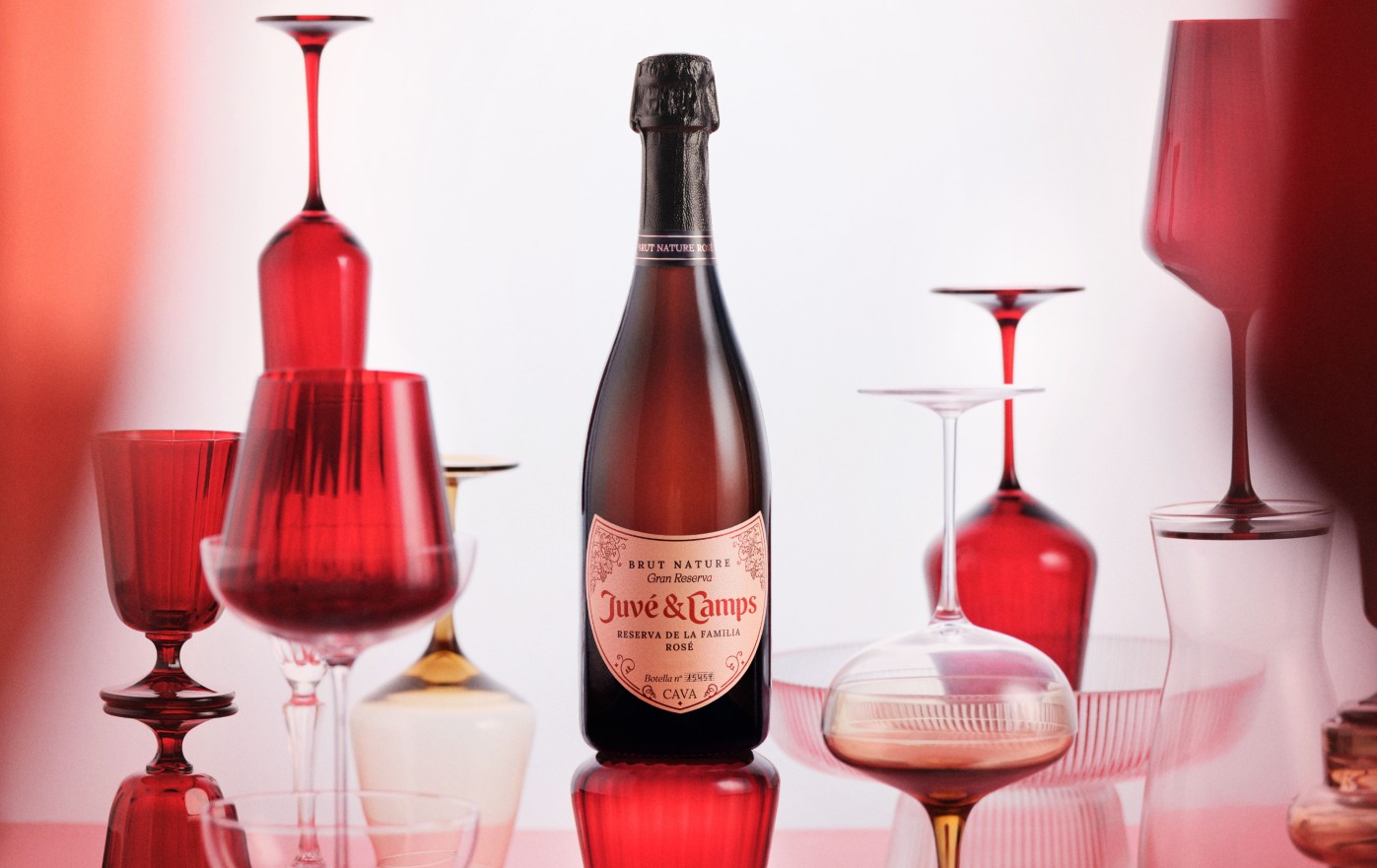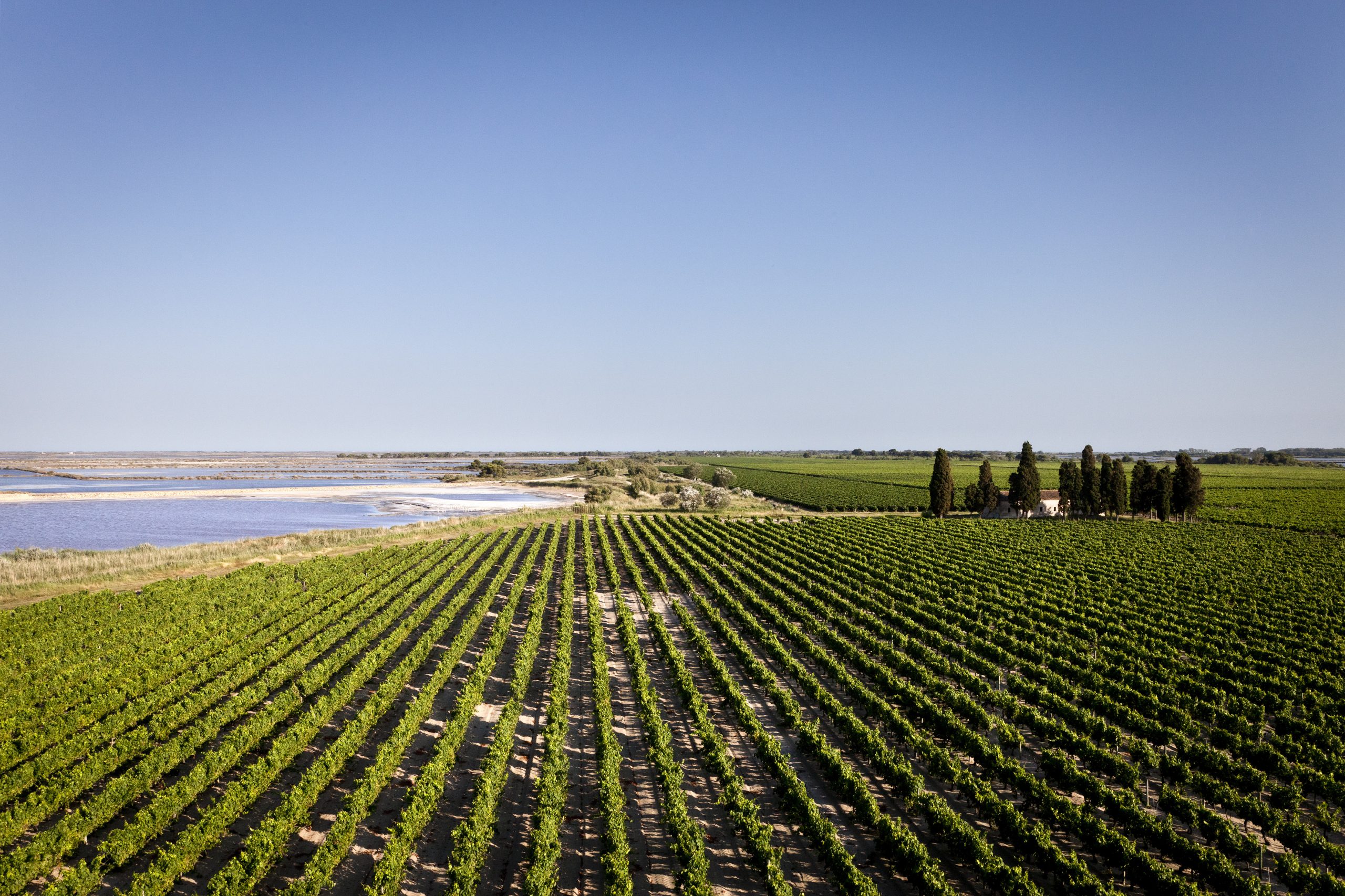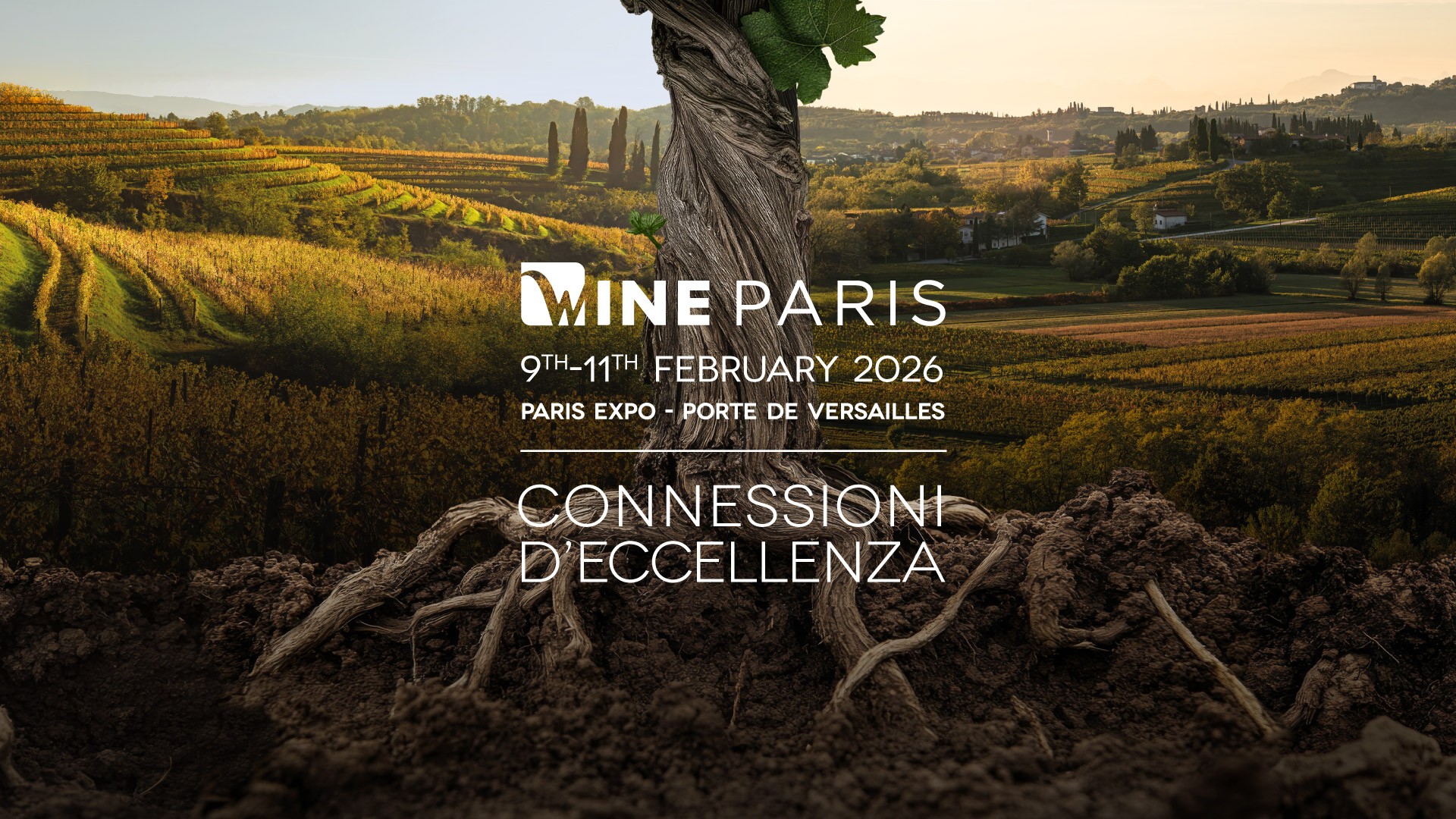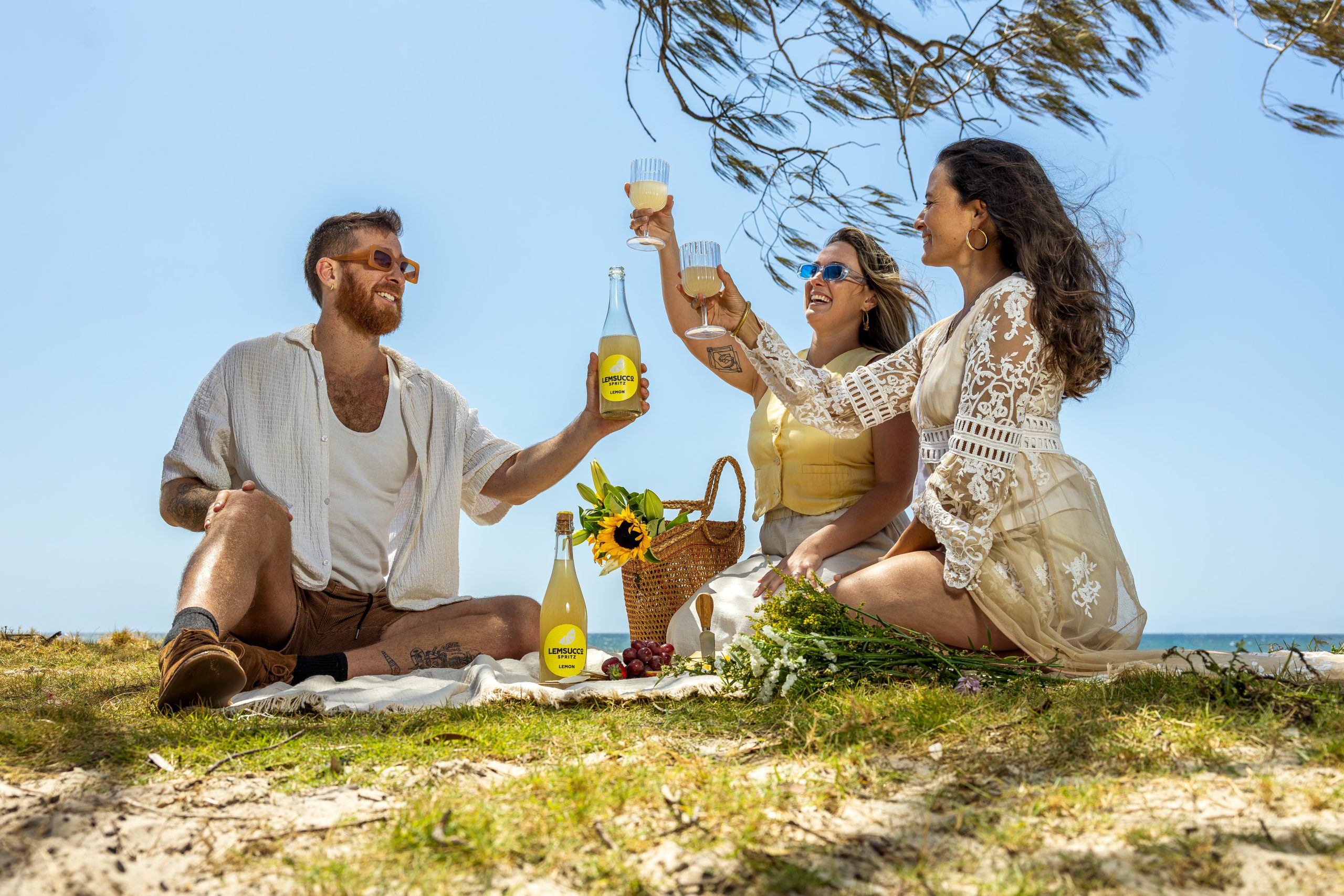MW proves ‘halo effect’ between wine and spirits education
A master distiller and Master of Wine has proven that formal wine education automatically improves your ability to assess spirits, setting out a case for why wine and spirits education should be taught in tandem.
Will Lowe, master distiller and founder of Cambridge Distillery, became an MW this year, becoming the first master distiller in the world to gain the Master of Wine qualification.
Lowe’s MW research paper investigated the value of wine education on spirits appreciation, and ultimately found that despite a student not being taught anything about spirits, even a small amount of formal wine education improved their ability to taste spirits. He used a cohort of Level 2 WSET students as his base, testing their ability to taste spirits before and after their course, which has no spirits-based learning.
“It’s no great shock that they got better at qualitative assessment in wines, but what’s interesting was that I was able to demonstrate a mirrored improvement in spirits tasting, despite level two not having any spirits teaching at all,” explains Lowe.
“There was a halo effect, a fringe benefit of wine education. For the purpose of my paper I was looking at the impact of wine education on spirits appreciation. I’ve got no reason to believe the reverse isn’t true.”
Spirits vs wine: ‘Like supporting Man City or United’
His research adds weight to his argument that wine and spirits should be taught more closely, instead of encouraging a divide between the two disciplines. In particular, Lowe said the WSET’s decision to remove spirits learning from its diploma course in favour of a separate qualification for spirits in 2019 to be a “retrograde step for education in the industry”.
“I have spent 23 years working in wines and spirits and I’ve been constantly baffled that it seems to be that you have to pick a side, like supporting Manchester City or United,” he said. “I understand that specialists necessarily tend to reduce their scope, but I don’t understand why a line has been drawn so hard, institutionally, between wines and spirits. Provision for classes on spirits at a higher level is fabulous – both a welcome and necessary improvement – but I don’t see why the two need to be mutually exclusive, especially when learning about one produces demonstrable improvements in the understanding of the other.”
Continuing, he explained that the advantage of teaching spirits with wine, and visa versa, is that as people develop their careers in the trade, they “understand what they don’t know” about the other.
The WSET said the decision to remove spirits from the Level 4 Diploma was in line with its broader decision to separate WSET qualifications into distinct subject streams, prioritising flexibility of learning for students.
“This means that our students are now able to make their own choices in terms of what subject they want to study and at what level, either for personal enjoyment or for the requirements of their job,” said Victoria Burt MW, WSET head of product development – wine qualifications.
The WSET now offers a Level 3 Award in Spirits. Burt added: “To provide a spirits unit of similar rigour for our Level 4 Diploma would have meant reducing the scope of wine content or extending the course. Our new Level 4 Diploma in Wines permits more detailed coverage of core wine topics than the previous Level 4 Diploma in Wines & Spirits.”
Partner Content
Lowe hopes his research will go some way to undoing the divide between the two disciplines, proving that “the closer you get the two together the greater the benefit is”, not only referring to education but across the industry in general.
“We should be talking to the top end of the whisky and Cognac market about wine, and we do. At any whisky or Cognac dinner you are going to have classified growth Bordeaux at the table. I don’t see why that should be a one way street.”
Online education ‘here to stay’
In any case, there’s never been a better time to take up wine or spirits education, says Lowe, with the rise in online technology and growing acceptance of digital learning making it more accessible than ever.
“The barriers to learning are falling, and through the necessity of embracing a digital world, the opportunity to learn has never been greater,” he adds. “Even if we are able to get back to classrooms, and I’m sure there will be a great rush of people keen to do, I’m also sure that online teaching will become more of a feature than it was before Covid.”
Certainly, the opportunities to learn online have boomed, with the WSET in particular working to overcome social distancing and make more of its courses available online, and with remotely invigilated exams.
“Attitudes towards online learning are overwhelmingly positive,” says Harris. “It’s a medium with which people are increasingly comfortable, as so much in our everyday lives relies on online interaction – especially since the pandemic struck. We have come a long way from the days when online learning meant adding classroom resources to a digital platform.”
In September the WSET reported that the number of people registering for courses online had trebled in 2019/20 compared to the previous year. A total of 14,000 candidates registered for online courses, representing 15% of total annual candidate numbers, compared to 5,000 candidates (5% of annual candidate numbers) in the previous year.
“Online education is definitely here to stay.” adds Harris. “It’s going to be a long time before we return to what was considered before as ‘normal’. With many people working effectively from home and juggling training, or a passion to learn more, online learning offers a flexible solution that they can fit alongside their other commitments.”




